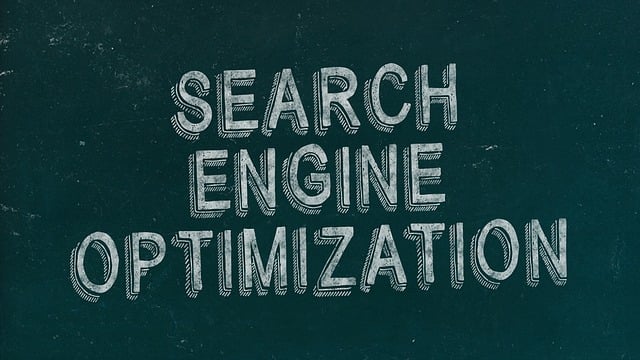AI chatbots for open house registrations have revolutionized residential real estate, streamlining processes like data collection, appointment scheduling, and query handling, thus saving agent time. During events, these chatbots boost engagement by offering personalized property details and reminders, leading to higher attendance rates. Additionally, AI supports predictive pricing models using historical sales data, market trends, property features, amenities, and weather patterns for accurate residential property valuations. While integration brings significant benefits like automated tasks, insightful analytics, and personalized experiences, challenges include privacy concerns, algorithmic transparency, fairness, and the need for quality data to avoid inaccuracies. Real estate professionals must adapt to robust data management and stay informed about AI technologies' evolving capabilities.
“Revolutionize residential real estate with AI predictive pricing models. As the industry evolves, embracing technology like AI chatbots for open house management offers unprecedented advantages. This article explores how these virtual assistants streamline open house registrations, a key component in understanding market trends.
We delve into building effective predictive pricing models utilizing AI algorithms, enhancing accuracy and saving time. Additionally, we examine the benefits and challenges of implementing AI, providing insights for professionals looking to navigate this game-changer.”
- Understanding AI Chatbots for Open House Management
- Building Predictive Pricing Models with AI
- Benefits and Challenges of Implementing AI in Residential Real Estate
Understanding AI Chatbots for Open House Management

AI chatbots have emerged as a powerful tool for managing open house registrations in residential real estate. These intelligent virtual assistants can handle various tasks, from initial registration to providing personalized information about properties. By integrating AI chatbots for open house registrations, agents can streamline their processes and offer a seamless experience to prospective buyers.
During an open house event, an AI chatbot can efficiently collect visitor information, schedule appointments, and answer common questions. It can guide potential clients through the property details, highlighting key features and amenities, thus enhancing engagement. Moreover, these chatbots can send automated reminders to registered attendees, ensuring better attendance rates and allowing agents to focus on creating a positive in-person experience.
Building Predictive Pricing Models with AI

Building predictive pricing models for residential real estate with AI involves leveraging advanced algorithms and machine learning techniques to analyze vast amounts of data. By integrating historical sales data, market trends, property characteristics, and even external factors like local amenities and weather patterns, these models can predict property values with impressive accuracy. The process begins with data collection and preprocessing, where raw data is cleaned, structured, and normalized for optimal model performance.
AI chatbots for open house registrations play a crucial role in this system by streamlining the initial interaction with potential buyers. They collect relevant information about preferences, budget, and requirements, which can then be fed into the predictive pricing models. This seamless integration enhances the efficiency of real estate processes, enabling agents to provide tailored recommendations and target the right audience for specific listings.
Benefits and Challenges of Implementing AI in Residential Real Estate

The implementation of AI in residential real estate brings about a multitude of benefits, revolutionizing how properties are valued and marketed. AI chatbots for open house registrations, for instance, streamline the initial customer interaction, providing instant responses to inquiries 24/7 and collecting valuable data that can be used to refine predictive models. These models leverage vast historical datasets to forecast property prices with enhanced accuracy, helping real estate agents and buyers make informed decisions. By automating mundane tasks and offering insightful analytics, AI enhances efficiency and profitability while enabling a more personalized experience for potential homeowners.
Despite its advantages, integrating AI in residential real estate also presents certain challenges. Data privacy and security concerns are paramount, as sensitive customer information must be handled with the utmost care to prevent breaches. Additionally, ensuring algorithmic transparency and fairness is crucial to avoid biased predictions that could negatively impact specific demographics. Moreover, while AI can provide powerful insights, it relies on quality data, and inconsistent or incomplete information may lead to inaccurate results. Real estate professionals must therefore invest in robust data management practices and stay informed about the evolving capabilities and limitations of AI technologies.
AI chatbots for open house management and predictive pricing models are transforming residential real estate. By leveraging advanced algorithms, these technologies streamline processes, enhance client experiences, and provide more accurate assessments of property values. While implementing AI comes with challenges, such as data privacy concerns and initial costs, the benefits – including increased efficiency, improved precision, and better-informed decisions – make it a compelling game changer in the industry. As real estate professionals adapt to these innovations, they’ll be well-positioned to meet evolving customer expectations in today’s digital era.
